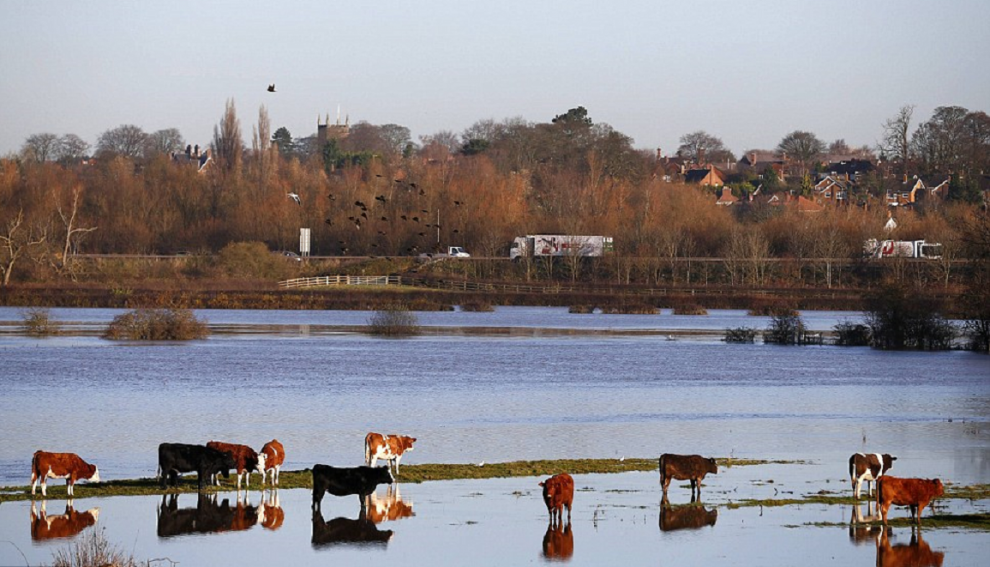Farmers from across South Wales gathered at a series of free events about protecting agriculture from the effects of climate change while still producing food and turning a profit run by regenerative agriculture expert Niels Corfield.
Weatherproof Farming events were held in Pembrokeshire, Monmouthshire and Bannau Brycheiniog organised by the Nature Friendly Farming Network (NFFN) in association with a number of partner organisations including Pembrokeshire Coast National Park Authority, Bannau Brycheiniog National Park Authority, Monmouthshire County Council and Dŵr Cymru.
Niels, whose work includes advising on soil health, grazing management, agroforestry and whole farm planning, took dozens of farmers through the process of enhancing soil health to make their land more resilient to the shocks of extreme weather and climate change without having to compromise on the amount of food they produce or threatening their bottom line.
The workshop looked at how improving soil health can reduce reliance on costly artificial inputs and allow farms to switch to grazing systems which are more sustainable for the future.
Visitors to the workshop, which was open to farmers, graziers, farm agents, advisers and ecologists, learned about the principles of soil health and how taking time to improve this can boost productivity. The workshop also focused on reducing the impacts of flooding and drought by highlighting the importance of grazing management, particularly moving livestock regularly from field to field to allow rest periods, rather than being left to continually graze pastures.
The workshop also looked at improving drainage, managing fields to better hold water after heavy rainfall, reducing the impact of compaction on soil, monitoring pasture and soil health and remediating soil which has been damaged by intensive agricultural practices.
The morning of the events consisted of a presentation followed by a question-and-answer session before the afternoon moved into the field for a session that involved undertaking simple soil health tests and visual assessments in order to inform better management.
NFFN Cymru manager Rhys Evans said: “The key learnings were that set stocking or continuing grazing equals overgrazing, which suppresses grass growth and leads to compaction of soil, resulting in standing water or flooding during winter and loss of yield during dry summer weather. Allowing rest periods via rotational and mob grazing is a way to rectify this issue, as well as encouraging species diversity in pastures. Agroforestry can also help to do this.
“All this can help boost food production, increase farm incomes, reduce costs and increase economic and environmental resilience.”


















